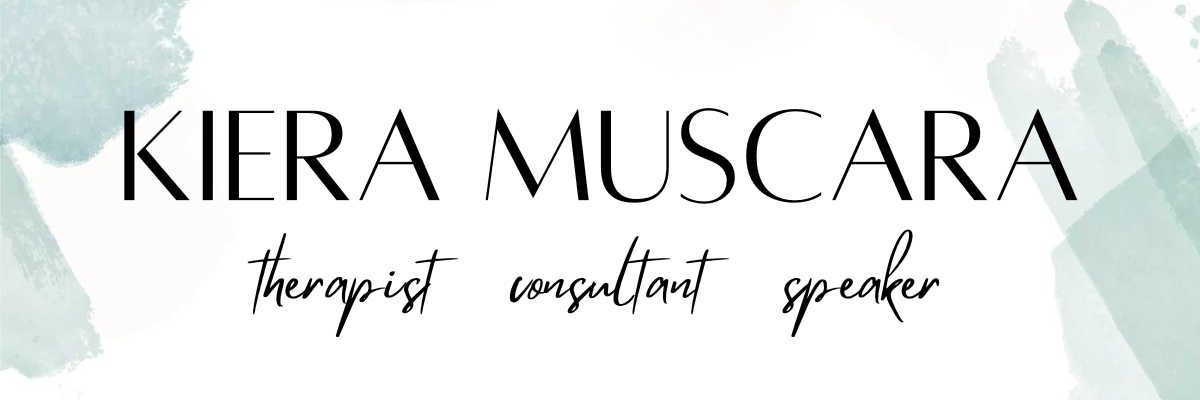I have always taken issue with the term “best friends” – this initially stemmed from the fact that I myself did not have a true best friend until the end of high school. But even after claiming the experience myself, I consider the implications and expectations of that expression to be ultimately detrimental to how girls learn to view and navigate friendships.
What it boils down to is a competitive spirit that inherently leaves others out. There’s an exclusivity that comes with best friends that is not always healthy. I believe a lot of my issues with friendships in middle school stemmed from the fact that I did not have a best friend of my own. I remember genuinely feeling like everyone had been claimed and there was no one left for me.
Now as an adult, I can recognize that it’s less important that I have someone to brand my best friend, but rather that I just have people in my corner who I trust and share a mutual respect and care for. But growing up, having a best friend seemed less about that, and more about the power that the label provided. It was a seemingly appropriate way to dictate who could be friends with who.
I became a target simply for wanting to befriend someone’s best friend. In hindsight, I can recognize that this persecution clearly stemmed from her own insecurities, jealousy, and fear of abandonment. But these very real issues manifested in mean, aggressive tactics designed to keep me out, all under the guise of “___ and ____ are best friends.” Translation: this is a done deal, and you’re not part of it.
The loyalty of best friends appears to be a wonderful quality, but can actually be quite problematic. A true best friend should take note when the other is doing something unkind, and guide them back to their moral compass. But what I observed was rather a very unhealthy dynamic of enabling. It’s always interesting to me that my middle school bully actually did little bullying herself; however, she allowed her best friend to treat me inhumanely, and condoned these actions (whether she agreed with them or not) because of their deep-rooted best friendship. This loyalty is teaching girls to silence what they know to be just, because having a friend to call theirs (and only theirs) is more important.
Now let’s talk about my own experience having a best friend. It was something I craved and needed for such a long time – and it did not disappoint. I can’t lie and say that having someone to call a best friend, and one who calls you that back, isn’t nice. It is an incredible experience of validation, comfort, and love. But it also generated in me an irrational frustration and anger whenever someone tried to enter our bubble. And no matter what age you are – that is not healthy, and is ultimately stemming from an unresolved issue within yourself.
I don’t expect people to stop using the term “best friend” altogether. But being on both sides of the issue, I know what’s at the core: validation. If we encourage our girls to be more vocal in expressing love and encouragement to other girls, rather than to view them as competition, maybe the all-consuming need to claim friends will fade away, or lessen to a healthier degree.

Love this Keira! Well done!
Love this Kiera. Very well written and so accurate I never had best friends. I had a lot of different types of friends and enjoyed them all